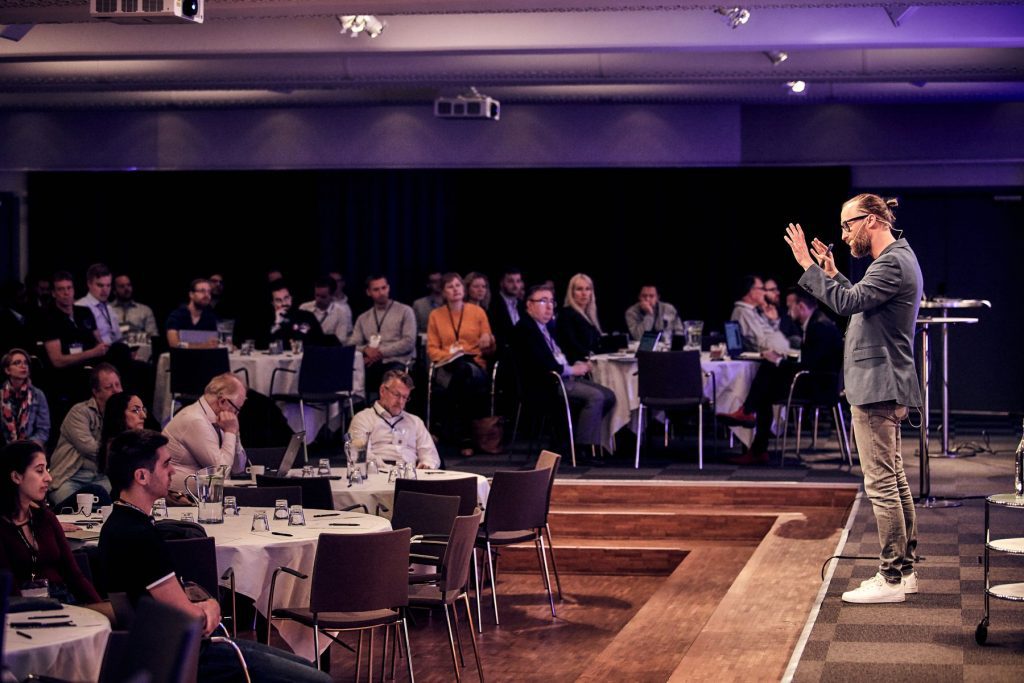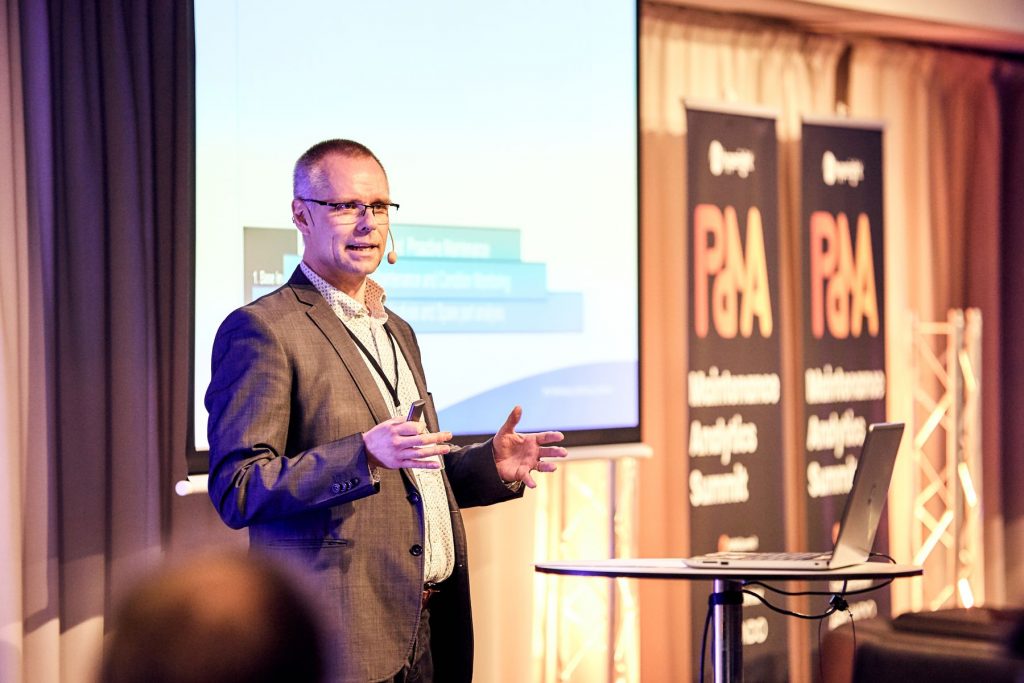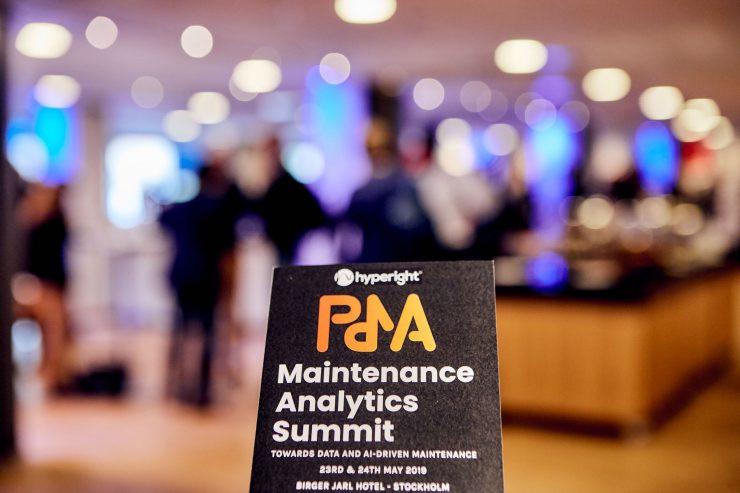For the second time, on May 23-24, 2019, Stockholm was host to nearly 200 Predictive Maintenance practitioners and key players, gathered for the Maintenance Analytics Summit, an annual event to share ideas, and discuss ways to harness the full potential of machine data and Advanced Analytics to improve and automate their condition monitoring and maintenance processes. After the great success and feedback from the first edition, it was more than clear that this field is hungry for further exploration.


Divided in three tracks, 30 speakers from asset-heavy industries, Nordics/International, shared their knowledge on Applied Data-Driven Maintenance, Analytics, Modelling & Innovation as well as Data integration and Quality, covering both strategic and technical aspects in bringing all the departments and insights into one place, as an imperative to a successful PdM strategy implementation.
The day emphasizes knowledge sharing for the wider audience through thought leadership-oriented interviews, that are beneficial for the viewers to learn, understand and implement. Insights on PdMA challenges and benefits, customers’ readiness for PdMA, the future of deploying predictive maintenance, key pitfalls to avoid in AI-driven PdM, suggestions on how to start and what to prioritize, how to involve and change the mindset of the technician teams to migrate from corrective to predictive maintenance, how to ensure you capture the right data, scalability issues, technology acceleration to the field, edge vs cloud deployment, how can IoT and Analytics support the final assembly process as well as safety concerns in opening up the data, the importance of agility to enhance digitalization as well as ROI in implementing and investing in PdM, how to start working with data-driven decision in organization with a long history of experience-based approach, benefits of PdM versus the cost of its implementation as well as touching upon probabilistic digital twins and Bayesian Networks (BNs), and other relevant topics.


In line with that, here is a short summary of what some of the PdM greatest players ad well-established company representatives had to say:
When it comes to the Predictive Maintenance challenges, according to Vijay Anand, Head of Digital Machining at Sandvik Coromant, ”The true challenge that we face as an industry, is the gap between the concept of data and treating analytics as a technology vs the real understanding of the true value which comes out of this data”, highlighting Analytics as a Business Value, while on the other hand Philipp Wallner, Industry Manager at Mathworks emphasizes the ‘’Lack of failure data to train the algorithms, as the biggest challenge’’.


Whereas there is no doubt about the benefits of deploying PdMA and whether these benefits are greater than the implementation cost, according to Johnny Stieger, Manager Manufacturing Reliability at SKF Group, ‘‘If we have the machines being more reliable and we have more data, when it breaks down, we don’t only change the component, we change to a better component, so we are not recycling we are upcycling”, so the effect is much greater than financial gains only, it has an environmental impact as well.
Companies like Crosser, Arundo and Mathworks, who partnered with us in this event, highlighted the technological acceleration to the field, as Göran Appelquist, CTO at Crosser clearly stated: ‘’We are trying to lower the barrier and making easier for people, domain engineers to develop their predictive maintenance algorithms to import the data, train the algorithms and deploy these algorithms in production’’.


In regards to prioritizations for the field starters, a general and common answer from almost all of the speakers was to – start small, define scope and objectives and the first results will come quickly; get hold of the data and tie it up to the problem you want to solve, also involve people from all departments, enhancing cross-collaboration approaches.
Whether the new developments are leading us towards automated predictive maintenance, according to the experts interviewed, it is already here and companies better recognize it and start with it; they either develop in this direction, or their competitive advantage will disappear.


To learn more about what some of these great machine data practitioners had to say, follow the Interview link playlist: PdMA19 Interviews.
To sum up, it was a day full of insights, great experiences shared, so many ideas brought to light on this new machine philosophy, on the real-time data revolution. It was concluded that it has a crucial impact on how businesses will be done in the future, and as Saurabh Kumar, Reliability Engineer at Aker BP says ‘’If companies are able to change with the way we are progressing towards predictive analytics, they will be still in the business, but if they are resistant to that change and falling behind, we can’t wait for them; we have to move forward’’.
















Add comment